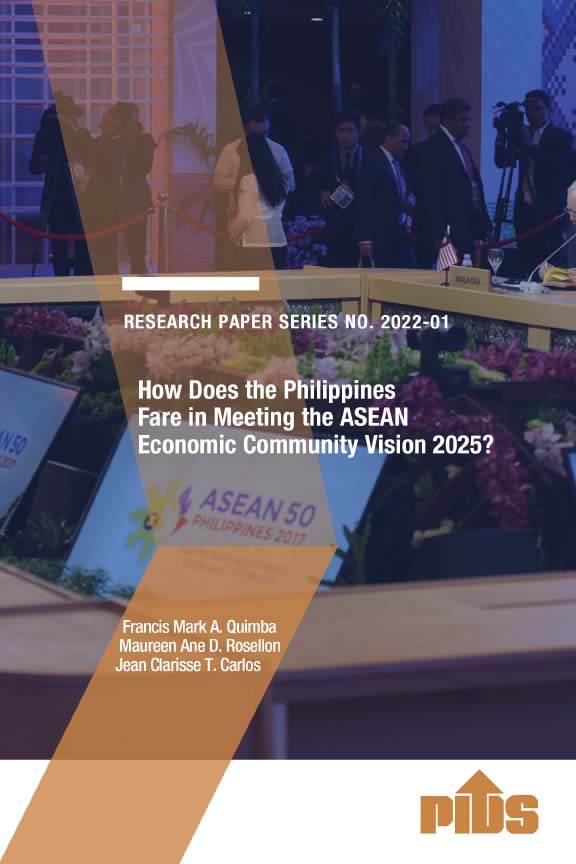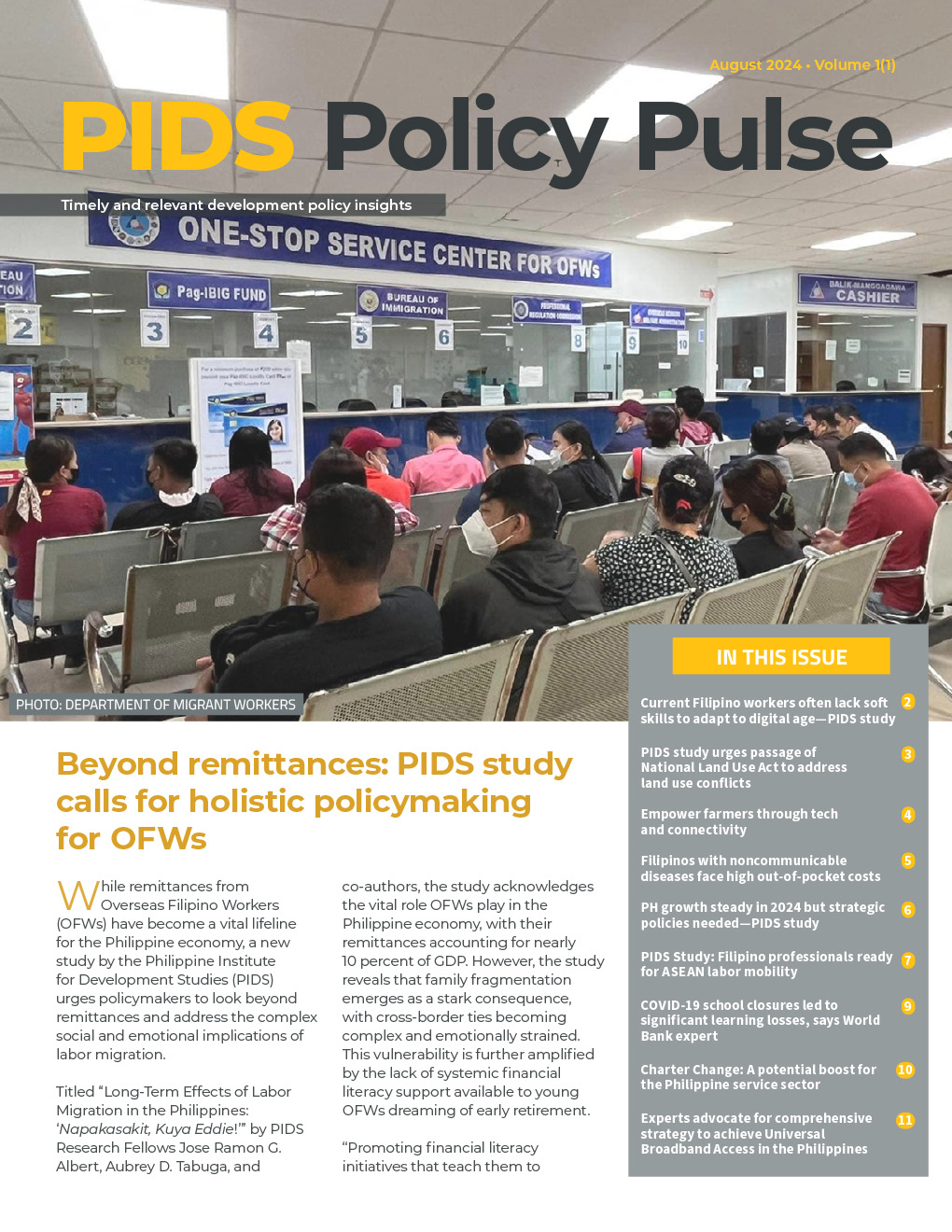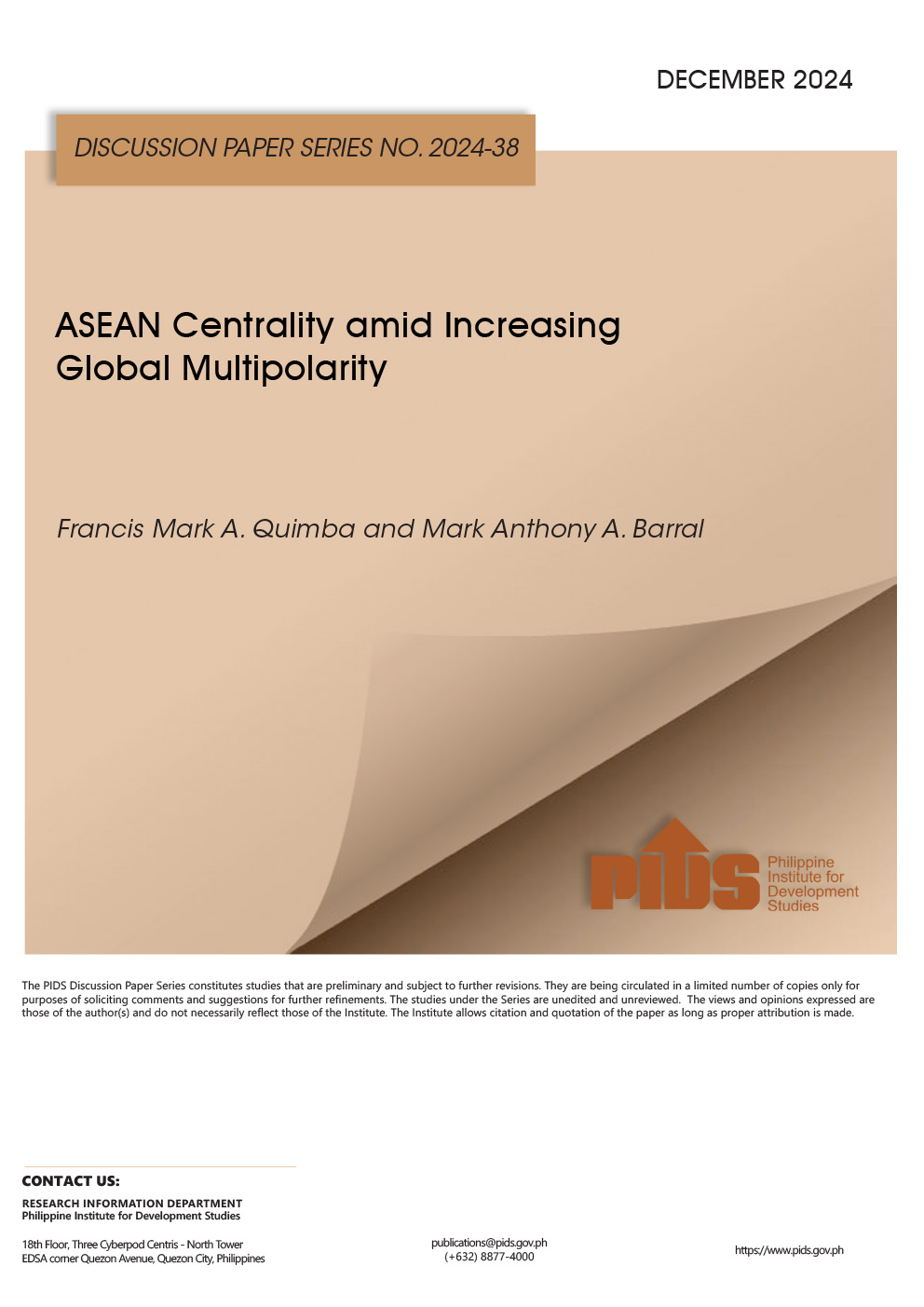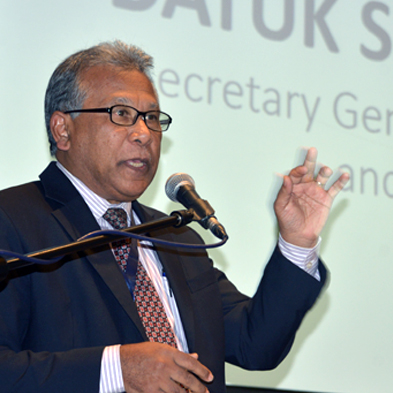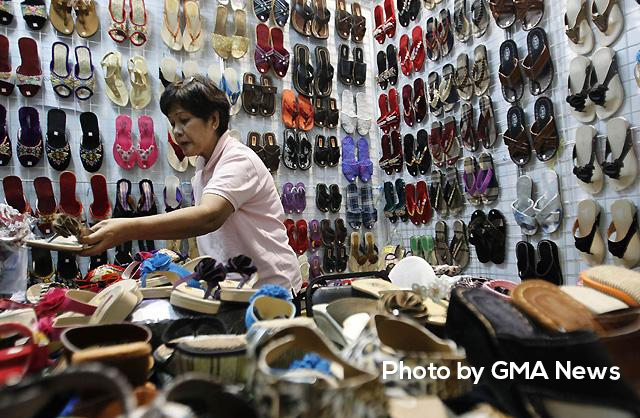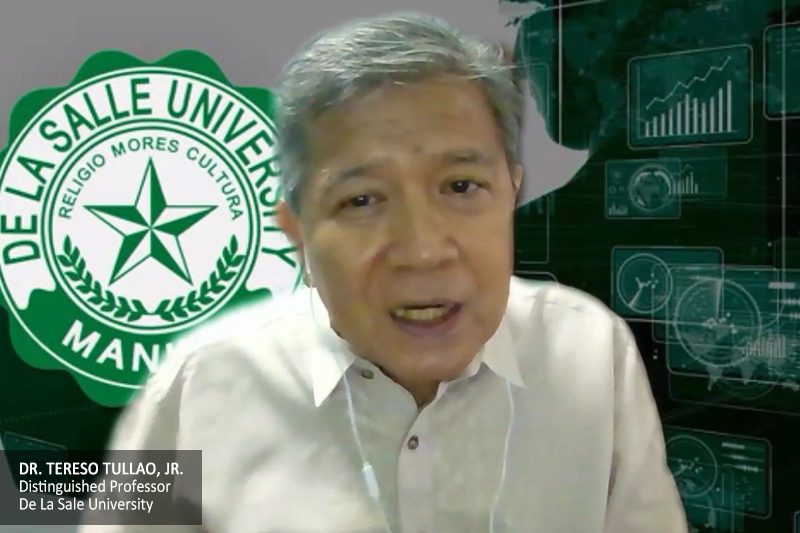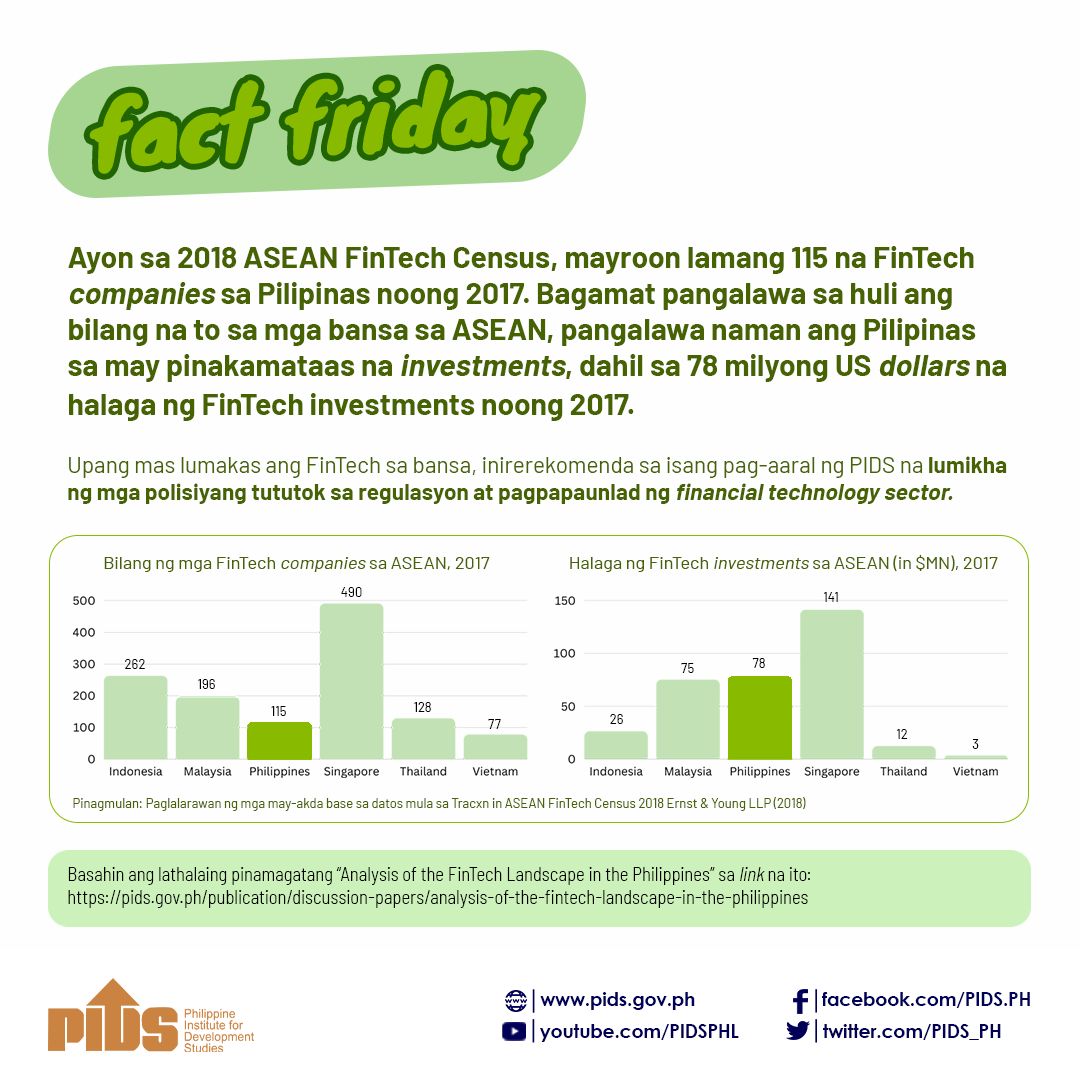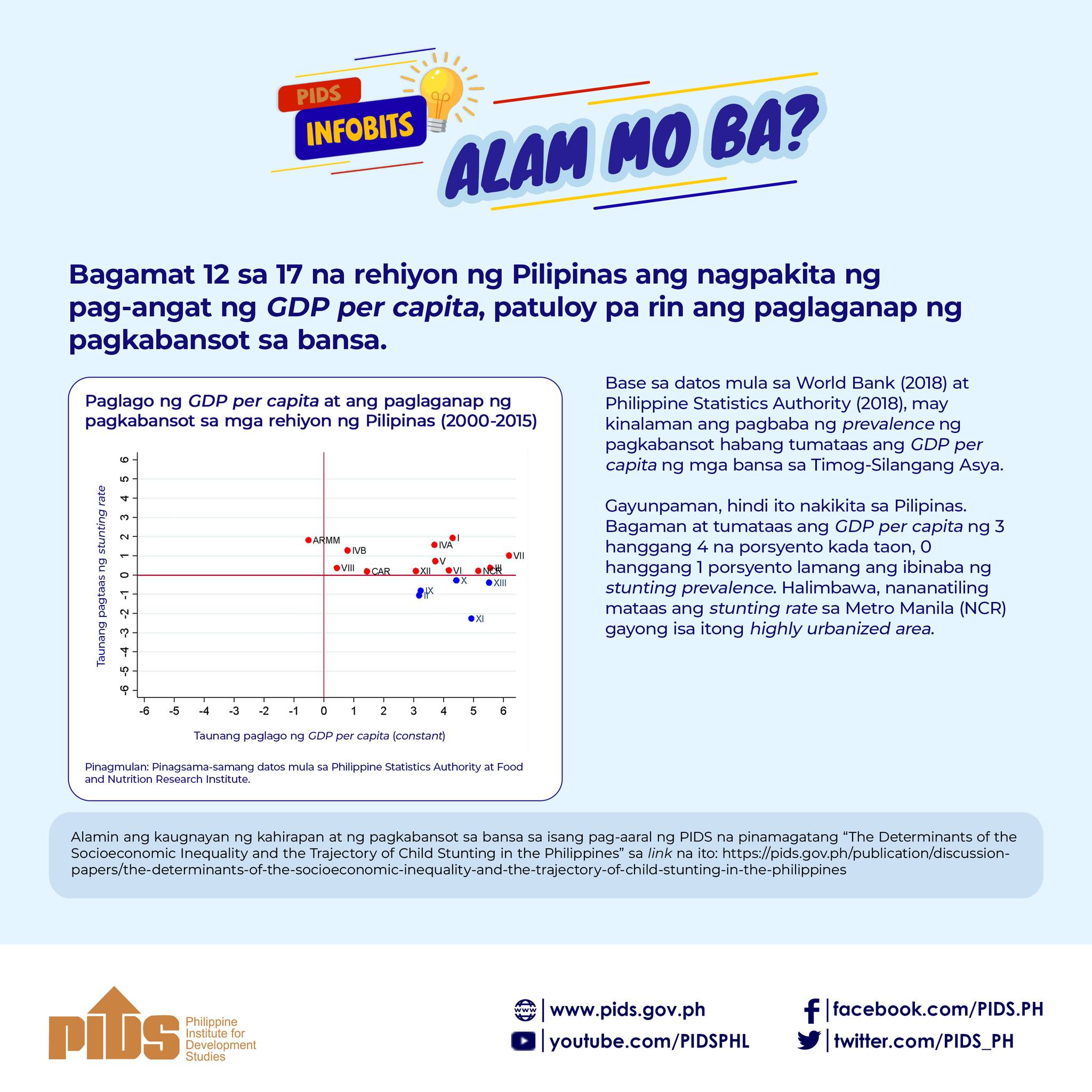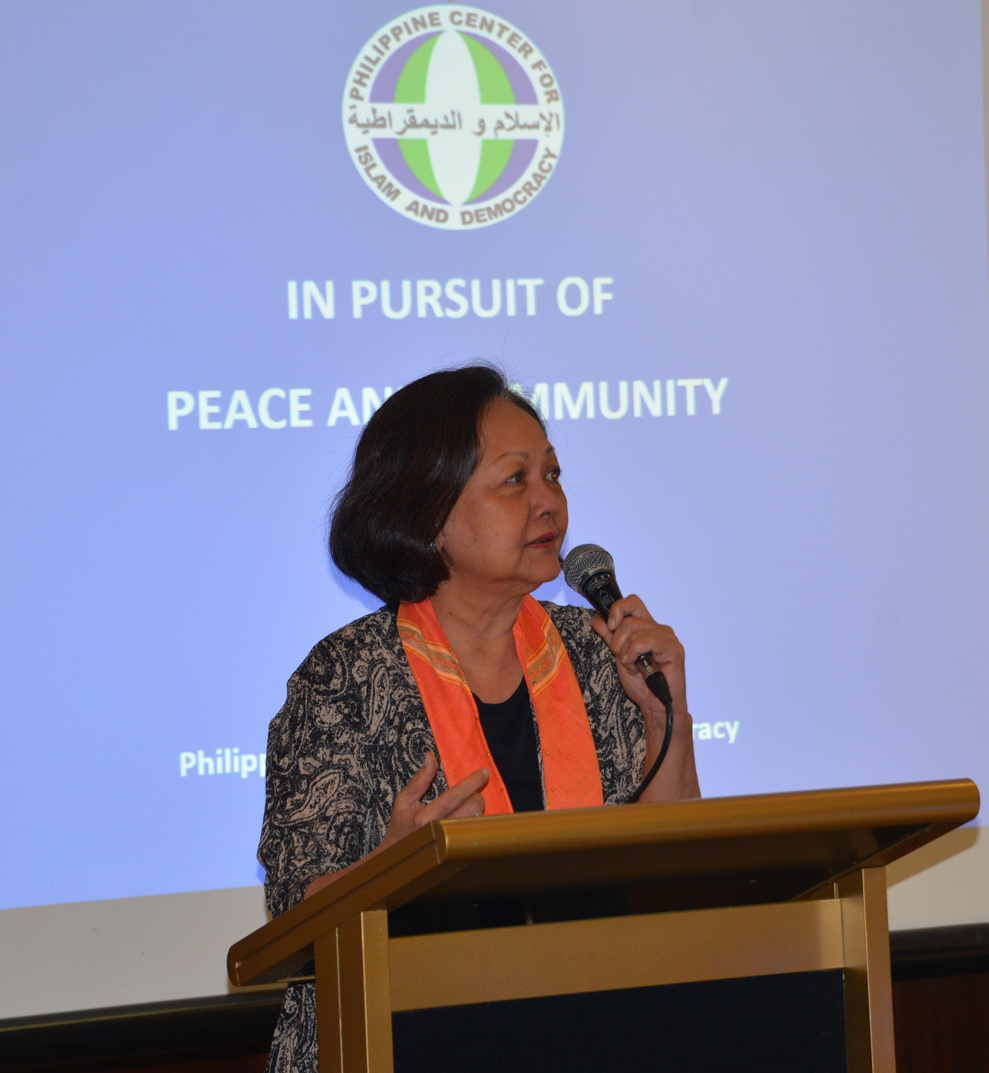
Having a harmonious relationship among the so-called “BIMP-EAGA” or the Brunei Darussalam-Indonesia-Malaysia-Philippines East ASEAN Growth Area partners is important to promote peace and cooperation, and achieve long-term development in the ASEAN region, according to Philippine Center for Islam and Democracy President Amina Rasul-Bernardo.
Bernardo said this in a public symposium on Building ASEAN Socio-Cultural Community and Nation Building organized recently by the Economic Research Institute for ASEAN and East Asia, Philippine Institute for Development Studies, Mindanao Development Authority, and the ASEAN Society in Davao City.
Wars, extremism, and terrorism
At present, ASEAN-member states face different kinds of conflict, ranging from territorial to armed conflicts, with marginalized communities as the most affected.
“They [marginalized] are the poorest and they’re the least served communities. Given that kind of situation, the growth of ISIS and the growth of extremist networks, peace in our communities not just in BIMP-EAGA but in the entire ASEAN is now at risk,” Bernardo said.
Relating this to the situation in Mindanao, she pointed out that in its initial years, there was a “high level of investor confidence” in the area because the “peace process had succeeded."
However, with the recent turn of events, the subregion has become a “neighborhood that is now the playground of extremist and terrorist groups,” Bernardo explained, adding that it cannot “go on with current investment priorities, disregarding completely that Mindanao, and some parts of Indonesia and Malaysia [have] now become the arena for ISIS-related activities”.
“Generally, businesses don’t seem to think that extremism affects them, when in fact, it does. If your communication towers blow up, then yes, you're affected. If you can no longer use trucks to send your grain to market, yes, you are affected,” she explained.
Forging a stronger ASEAN Community
Bernardo urged ASEAN to consider peace as a primordial concern when discussing about economic development, because “if we have peace, then we have investments, we have business growth,” she said.
She also called the ASEAN to put more effort in strengthening the sociocultural ties of ASEAN member-states to be able to move ahead with their economic, political, and security plans.
Meanwhile, she advised those in the religious sector to “come together because in many of these areas, religion is used as a flag,” adding that while “it may not be the cause of conflict, it is certainly a very attractive flag to rally troops."
As for the academe, it plays a big role in terms of making the ASEAN people understand trends and background of such events. The youth should also be vigilant as they can be targeted by extremist movements. Furthermore, stakeholders have to make sure that the social media is not being used by extremists for their own interests.
“You need to bring these sectors together if we are to come up with a realistic way to prevent violent extremism. We need these groups to come together in BIMP-EAGA, especially because the bulk of the Muslims in this region are in our area,” Bernardo said. ###

